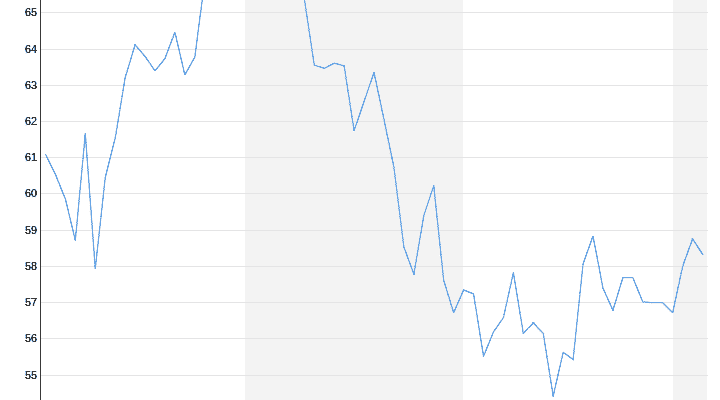Consequences of the Monsanto takeover
Pharmaceutical giant Bayer makes another loss
08/04/2022 11:13 am
It’s been four years since Bayer took over the US glyphosate manufacturer Monsanto – and the pending legal disputes are still tearing a deep hole in the company’s coffers. Because day-to-day business with over-the-counter medicines is booming, the outlook is optimistic.
Further provisions for US litigation and a write-down on the agricultural division caused Bayer to lose in the second quarter. The bottom line was a minus of almost 300 million euros, as the Dax group reports. A year ago, the minus of a good 2.3 billion euros was significantly higher due to provisions for the US glyphosate lawsuit, but analysts had expected a net profit this year.
In day-to-day business, on the other hand, things went even better than the experts had thought thanks to good agricultural business and brisk demand for over-the-counter medicines. The group raised the annual outlook for 2022. The shares were hardly changed in the morning before the market. In the second quarter, consolidated sales rose by a good 18 percent year-on-year to EUR 12.8 billion. Under our own steam, the increase was almost ten percent. This excludes positive exchange rate effects, for example from the weak euro and the acquisition and sale of parts of the company. Adjusted operating profit (Ebitda) jumped 30 percent to 3.35 billion euros.
The fact that the bottom line is still negative is due to one-off effects. Bayer set aside an additional 694 million euros, mainly due to ongoing settlement negotiations with the US state of Oregon for alleged environmental pollution caused by the banned environmental toxin PCB from the US manufacturer Monsanto, which was acquired in 2018. It is said that the case would end with a settlement. In addition, there is a write-down on the agricultural division of almost 1.4 billion euros, which Bayer justified in particular with impairments due to increased capital costs.
For 2022, Bayer was more optimistic than before on Thursday. Adjusted for exchange rate effects, the group now expects sales of 47 to 48 billion euros for 2022, after around 46 billion euros previously. This corresponds to an increase of around 8 percent instead of the previous 5 percent. The adjusted operating result (Ebitda) should remain on the basis of constant exchange rates around 12.5 (previously around 12.0) billion euros.
Unlike 2021, when the weak Brazilian real was the main burden, the weak euro is now providing tailwind. Based on the exchange rates of June 30, the sales target is therefore between 50 and 51 billion euros and an operating profit target of around 13 billion euros. That’s slightly more than analysts expected in terms of sales, but slightly less in terms of operating profit.
